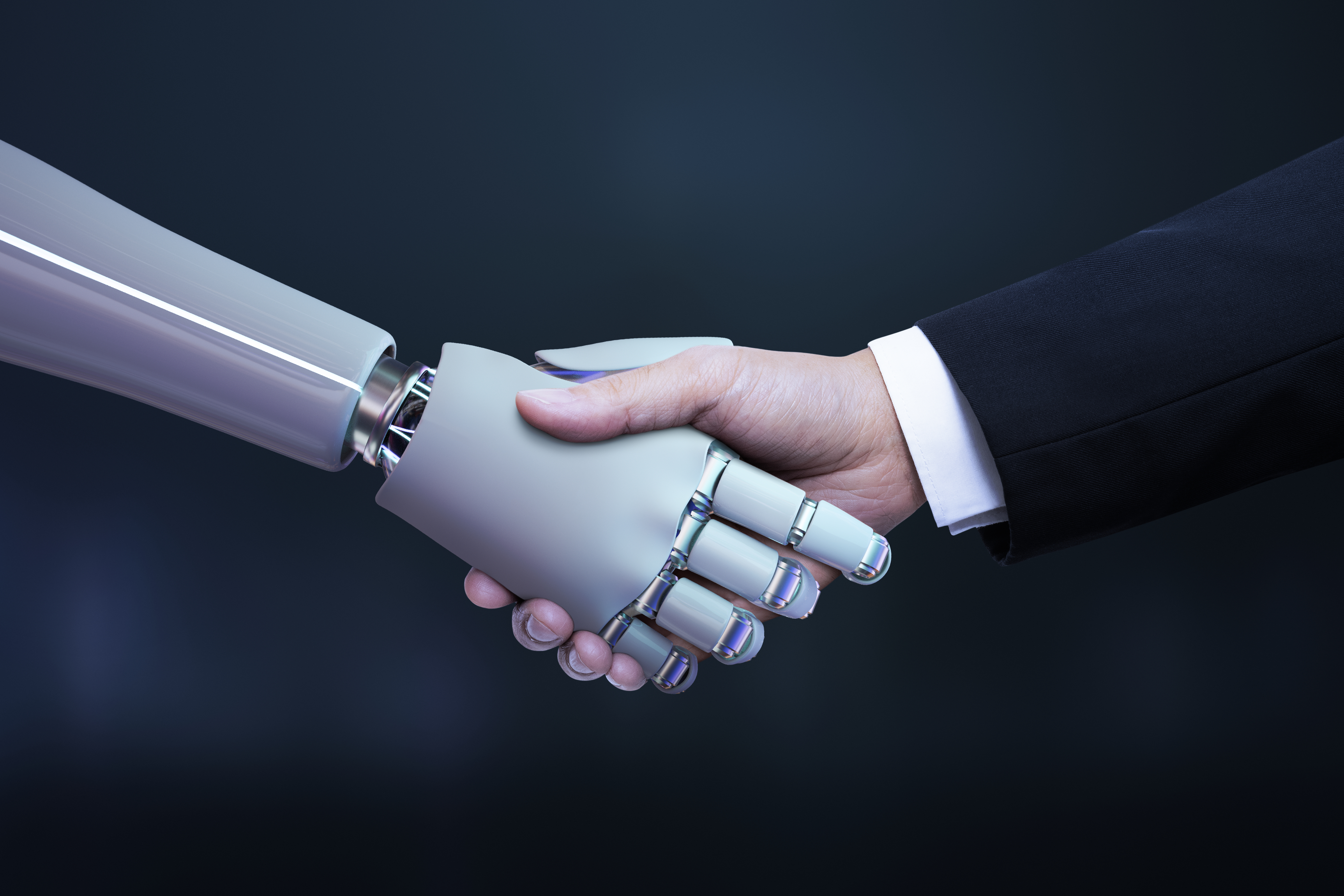The US tech giant, Google, has introduced a new experimental app for Windows that combines web search, file discovery and Google Lens in a single interface.
The tool, known as the Google app for Windows, is part of Search Labs and is designed to allow users to find information faster instead of interrupting their workflow.
An app that can be launched instantly using the Alt+Space shortcut, opening a Spotlight-like bar similar to Apple’s macOS. Users can search local files, installed applications, Google Drive content and web results. It supports multiple modes, including AI-generated answers, images, videos, shopping and news.
A dark mode is available for those who prefer night-time use, and the search bar can be resized or repositioned on the desktop instead of staying fixed.
Google has also built its Lens technology, allowing users to select and search images directly on screen, translate text or solve mathematical problems. An AI Mode offers detailed replies, though it can be disabled or customised through the settings menu.
The experimental app is currently limited to English-speaking users in the US and requires Windows 10 or Windows 11. Google has not yet confirmed when it will expand availability to more regions.
Would you like to learn more about AI, tech and digital diplomacy? If so, ask our Diplo chatbot!










